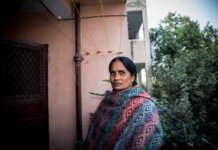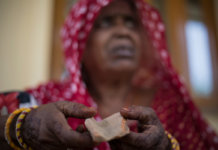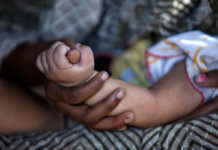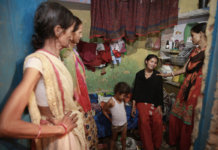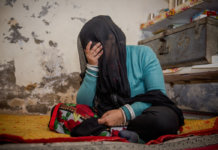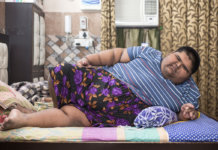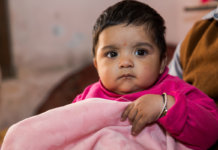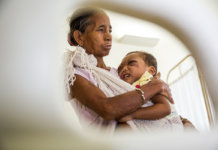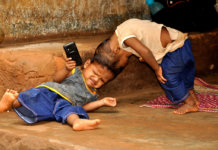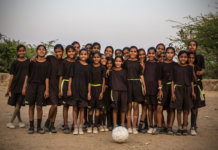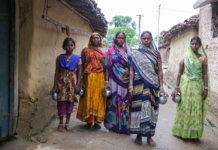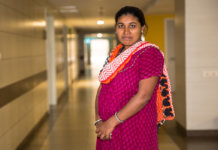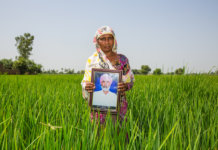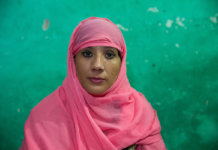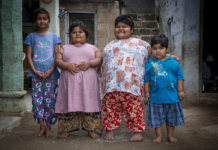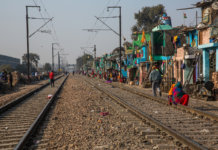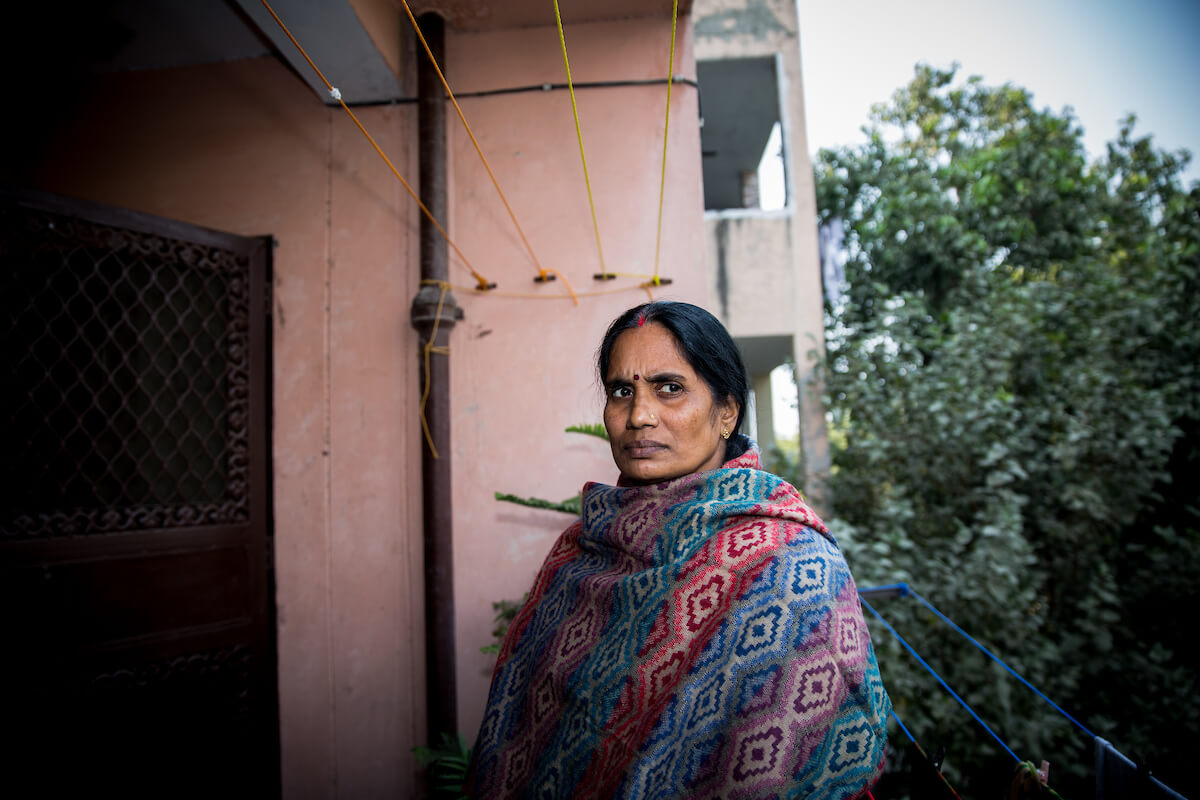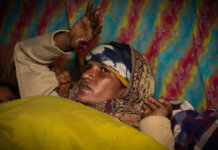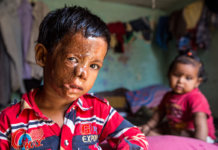Asha Devi has been waiting for this day since 2012. For more than seven years, the mother of Jyoti Singh has attended court date after court date, desperate for her daughter’s killers to have their death sentences carried out.
Now, she must wait no longer.
On Friday morning, 20 March, 2020, at 5.30am, the four men were hanged at Tihar jail in the Indian capital, for Jyoti’s gang rape and murder on a New Delhi bus, in December 2012.
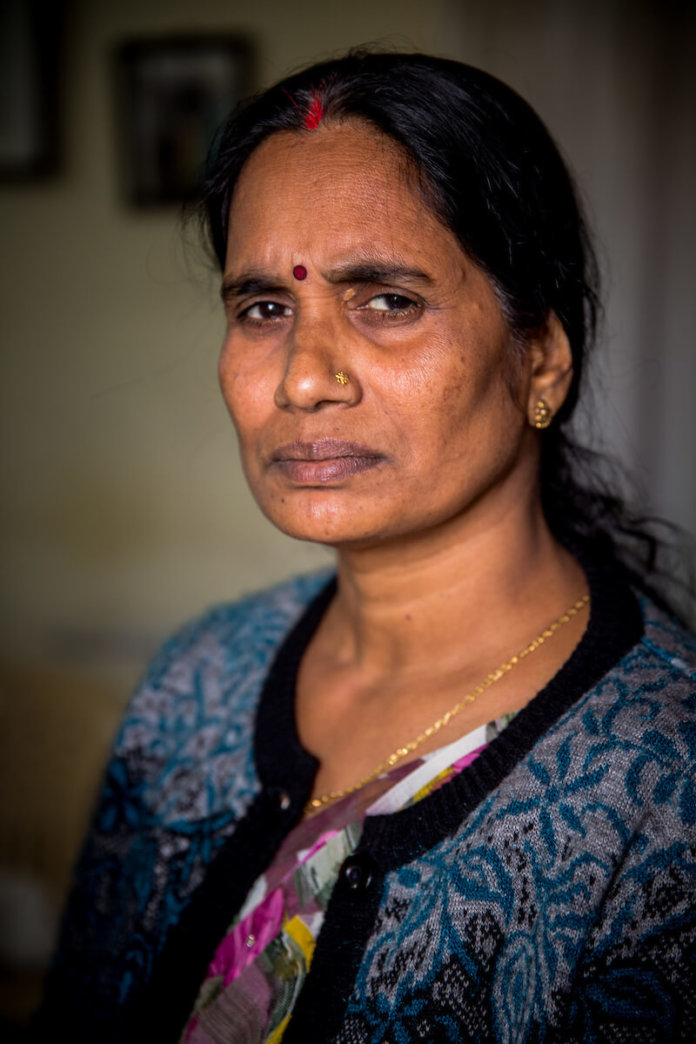
Just before her wish was granted, Asha admitted that it was best her daughter had died after the horrific attack, rather than having to endure the horrendous judicial process of the last few years.
“While I have sat in court over the last seven years I have often felt that it was better that my daughter died,’ she says. ‘The crime would have been repeated over, again and again, during her fight for justice. And she would have been taunted, she would have been asked awful questions.
“There have been many times, when the lawyers have accused us, implied the criminals had been implicated, or the police lied under pressure. I have felt it is good that my daughter is not present to witness this. Someone else did the crime, but she would have been made to feel like a criminal.
“If she were here, she would have wanted to fight, but she would have been tortured. She had already experienced trauma. What pain she must have suffered is something that we can never imagine. But if she had survived, how would she have faced all of this over and over again?”
The 23-year-old physiotherapy student was raped by six men on her way home from the cinema with a male friend. They beat him with a metal bar and then used that bar to inflict internal injuries on Jyoti. The pair were dumped, naked, by the side of the road.
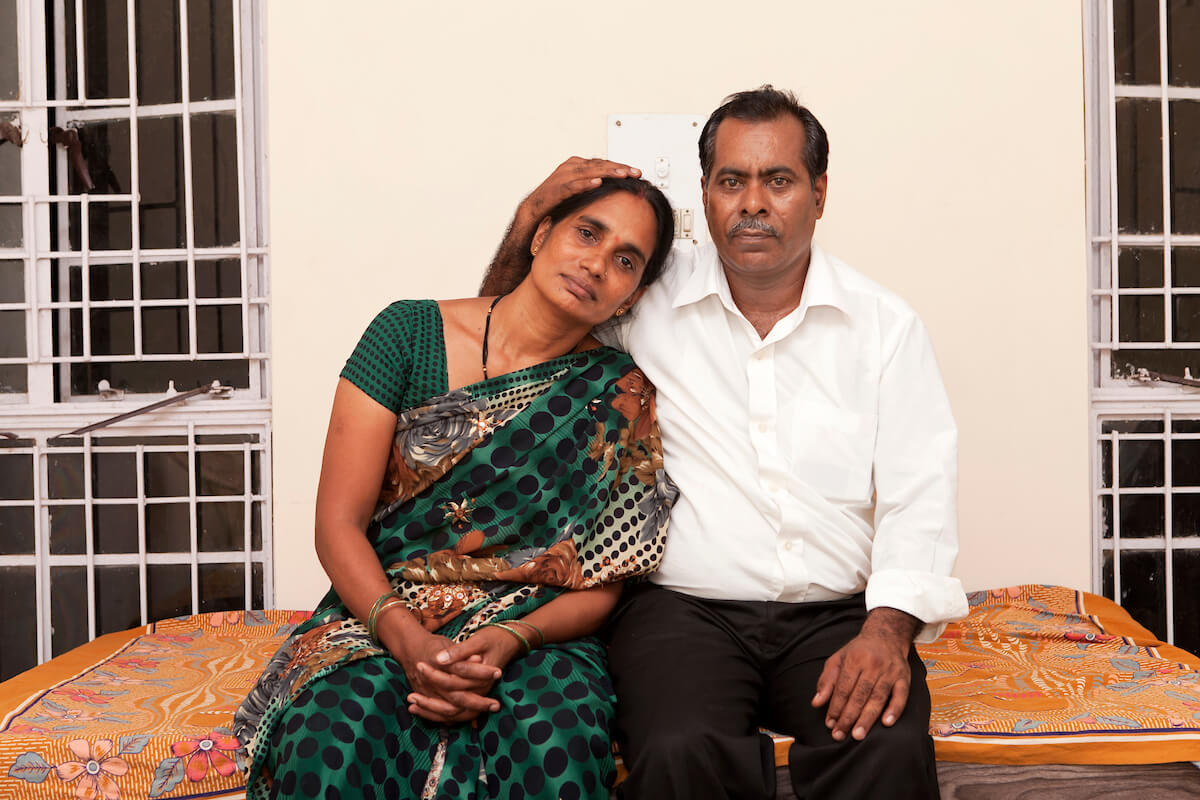
The shocking case made headlines around the world and, when Jyoti died in hospital two weeks later, thousands of Indians took to the streets to protest against the culture of sexual violence endemic in India.
They nicknamed Jyoti “Nirbhaya,” (which means “fearless”) for her determination to see her rapists prosecuted and the statement she had given before her body gave up.
In 2014, four men – Akshay Kumar Singh, 31, Pawan Gupta, 25, Vinay Sharma, 26, and Mukesh Singh 32 – were given the death penalty. A juvenile was sentenced to three years in a youth correctional facility, but released in 2015 to widespread outrage and now lives under a new identity. The sixth defendant hanged himself in prison before the trial began.
The initial date for the execution of Jyoti’s killers was set for January 22 this year, but all four convicts filed petitions in the Supreme Court in a bid to reduce their sentences to life imprisonment. A last-minute appeal to have the death penalties commuted was also rejected to Asha’s relief.
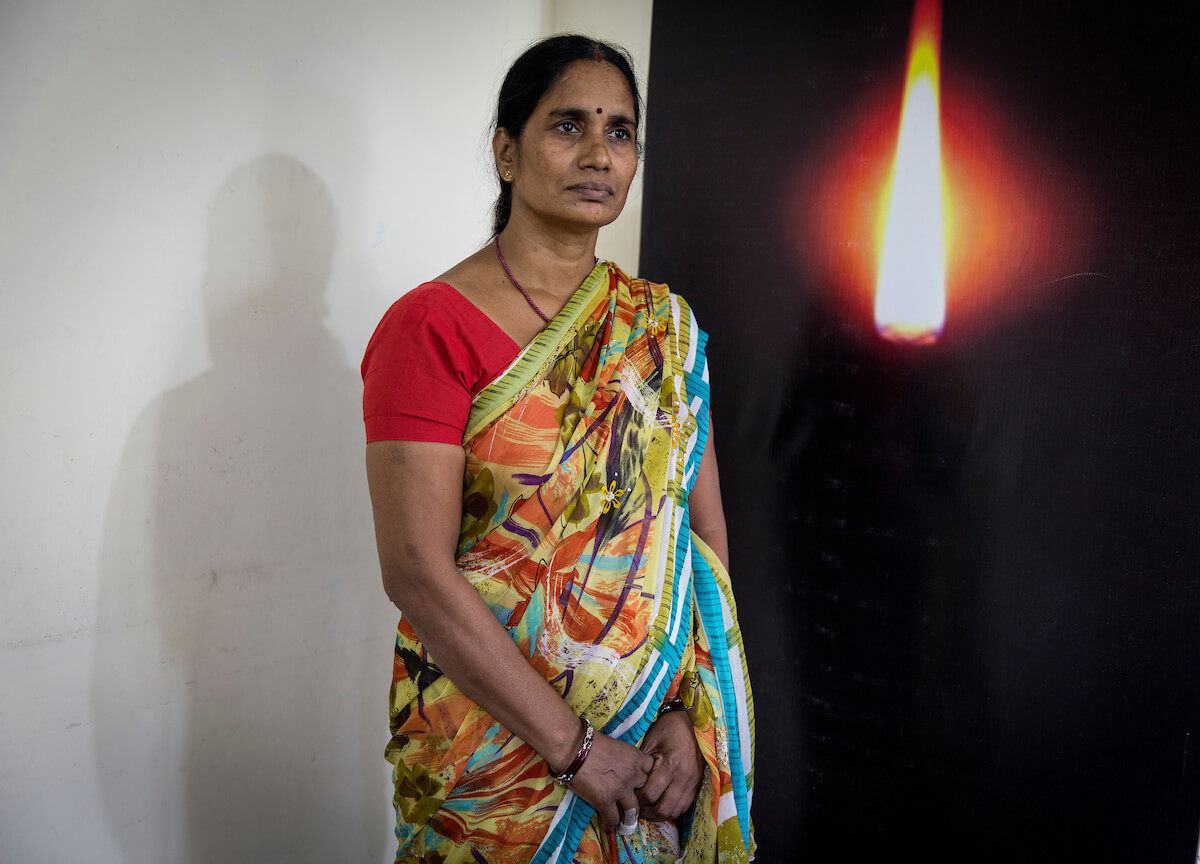
“There can be no worse case than my daughter’s. I had faith the criminals will definitely be hanged. I had faith in that,” she says. “Our daughter will get justice. And all those women in similar cases will renew their hope in justice. The whole country will get justice. I am not afraid. I feel comfort that those men – the way they brutally destroyed my daughter’s life – will be dead.
“I believe if a crime of such a level as been committed, he should definitely be hanged.”
Asha, 51, and husband Badri, 60, were not allowed to attend the execution. And had they been given the opportunity, Asha is not sure if she would have wanted to go.
“I didn’t want to talk to them,” she says. “I never wanted any interaction with them. I wouldn’t even want the opportunity. Emotion is not one feeling, there is hatred, there is disgust and I feel a lot of disgust. Knowing how one human being can do so much to another. How can someone play with a girl’s life like they did?
“I have fought this fight in Delhi for seven years. No one has ever approached me from any human rights organisation. No one asked if we needed support. But when the convicts were to be hanged, they were everywhere.”
Asha feels deeply troubled by the future of girls in India. After seven long years of fighting the system, her faith in her country – where around 95 rapes are reported daily – is tarnished.
‘There is no future for girls here,’ she says. “We can never know when or what might befall them. Today, men who are so depraved will even attack a three-year-old, or a 70-year-old elderly woman. What future is that for women? How can we fight this?”
“My daughter was alive for ten days after she was brutally raped, but she has died each day since. It’s been seven years but my fight to get her justice has never stopped. Being born as a girl in India is a crime… having a daughter here is a crime. If we expect anything to change, these men had to be hanged.”

